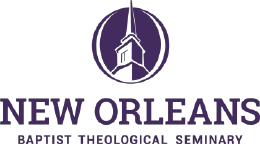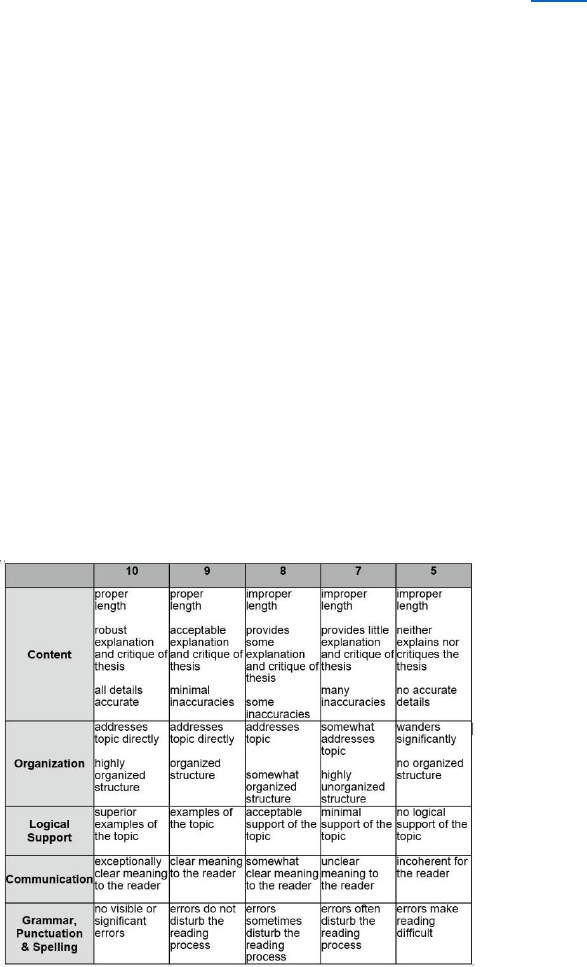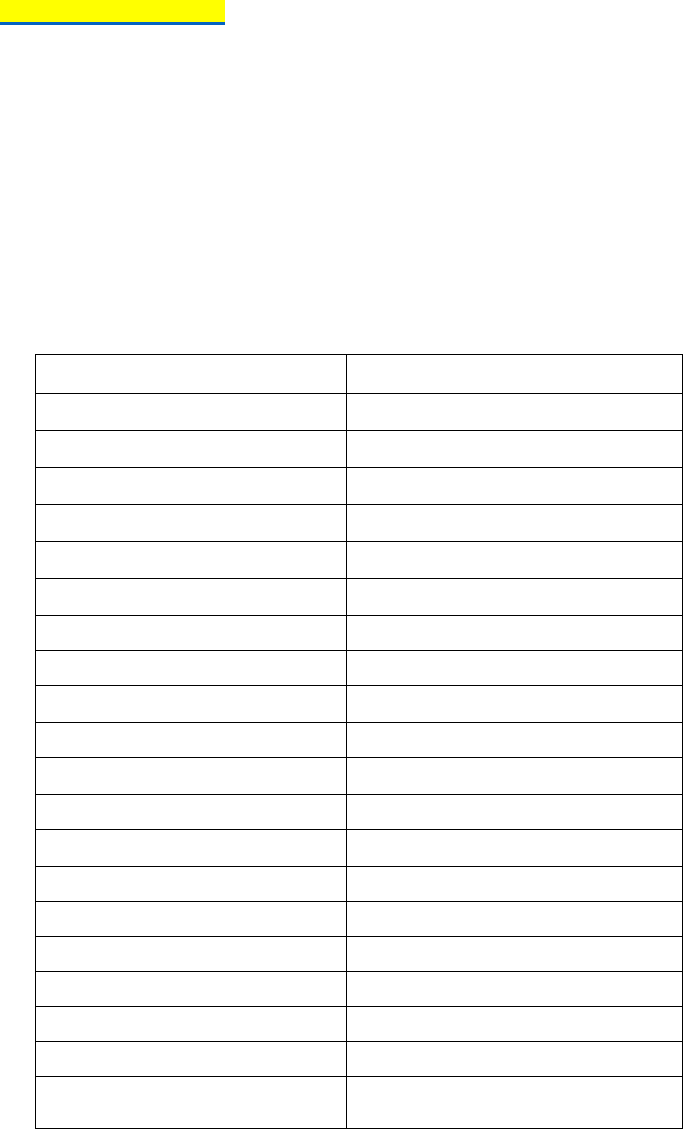
THTH8305 - The Bible and Contemporary Issues
New Orleans Baptist Theological Seminary
Theological & Historical Studies Division
Apr 22–24, 2024
Mon 1-9pm; Tues 8am-4pm; Wed 8am-4pm CST
Adam Harwood, PhD
Professor of Theology, McFarland Chair of Theology
Divisional Associate Dean, Theological & Historical Studies
Office: Dodd 213 Phone: 504-816-8074 aharwood@nobts.edu
Mission Statement
New Orleans Baptist Theological Seminary and Leavell College prepare servants to walk with
Christ, proclaim His truth, and fulfill His mission.
Course Description
This course focuses upon how best to communicate the message of the Bible in order to
address contemporary apologetic issues. Issues addressed include oral and written
communication forms, apologetic methodology, biblical authority, textual authenticity, science
and the Bible, and other similar issues. Students will also study how best to communicate
biblical truth and the Christian worldview via contemporary media. Special attention will be given
to implementing these communication forms in pastoral ministry.
Student Learning Outcomes
By the end of this course, students will be able to:
describe the formation of the Old and New Testament canon and account for other
extra-biblical, religious literature of the period.
answer major philosophical, methodological, textual, ethical, and scientific challenges to
the authority of the Bible.
discuss the views of radical skeptics regarding the uniqueness of Jesus and the
reliability of the New Testament.
Textbooks
Cowan, Steven B., and Terry L. Wilder, ed. In Defense of the Bible: A Comprehensive
Apologetic for the Authority of the Bible. Nashville: B&H Academic, 2013.
Lynch, Matthew J. Flood and Fury: Old Testament Violence and the Shalom of God. Downers
Grove: IVP, 2023.
McDonald, Lee Martin. Formation of the Bible: The Story of the Church’s Canon. Peabody, MA:
Hendrickson, 2012.
Course Teaching Methodology
The course will involve the following methodologies: professor-facilitated student presentations,
class discussions, a book review, chapter summaries, and post-course curriculum development.
Students will be learners and also facilitate the learning of their peers.
Course Requirements
Pre-Seminar Assignment 1: Chapter summaries of Formation of the Bible
Pre-Seminar Assignment 2: Chapter summaries of In Defense of the Bible
Pre-Seminar Assignment 3: Book review of Flood and Fury
In-Seminar Assignment: Lead Presentation & Discussion
Post-Seminar Assignment: Submit a 4-lesson curriculum

If you are taking this course as a NOLA2U Live student, please note the following
attendance policies:
1. The course on the New Orleans campus will be connected synchronously via Web
conferencing with Internet students. These courses will require weekly attendance at the
stated class meeting times.
2. Students are only allowed to miss the amount of class time specified in the NOBTS
attendance policy as stated in this syllabus.
3. Technical issues will not be considered a valid reason for missing a class session.
Evaluation of Grade
The student's grade will be computed as follows:
20% - Pre-Seminar Assignment 1: Chapter summaries of Formation of the Bible
20% - Pre-Seminar Assignment 2: Chapter summaries of In Defense of the Bible
20% - Pre-Seminar Assignment 3: Book review of Flood and Fury
20% - In-Seminar Assignment: Lead Presentation & Discussion
20% - Post-Seminar Assignment: Submit a 4-lesson curriculum
Attendance Policy
Traditional and NOLA2U Classes: Students are expected to attend and participate in the
class sessions. Any student missing more than nine hours may receive an automatic grade
of “F” for the course. Three tardies will count as one absence.
Technical Assistance
For assistance regarding technology, consult ITC (504-816-8180) or the following websites:
1. Selfserve@nobts.edu - Email for technical questions/support requests with
the Selfserve.nobts.edu or My.nobts.edu site (Access to online registration, financial
account, online transcript, etc.)
2. Canvas@nobts.edu - Email for technical questions/support requests with the NOBTS
Canvas Learning Management System (Faculty/Students/Staff) Canvas.NOBTS.edu.
3. Video Conferencing Help Desk - Email for technical questions/support requests with the
Video Conferencing NOBTS classrooms (On and Off-Campus)
4. TelephoneHelpD[email protected] - Email for technical questions/support requests with
the NOBTS On-Campus Phone system.
5. ITCSupport@nobts.edu - Email for technical questions/support requests in the Flex
classrooms and for general technical questions/support requests. If you are not sure
who to contact, use this email address!
6. 504.816.8180 - Call for any technical questions/support requests. (Currently available
Mon-Thurs 7:00am-9:00pm & Fri 7:00-7:00pm Central Time)
7. www.NOBTS.edu/itc/ - General NOBTS technical help information is provided on this
website.
Help for Writing Papers at “The Write Stuff”
NOBTS maintains a Writing Center designed to improve English writing at the graduate level.
Students can receive writing guides, tips, and valuable information to help in becoming a better
writer. A copy of the approved NOBTS Style Guide can be found in the course Canvas shell, or
can be located online at the Writing Center’s page on the seminary website at:
https://www.nobts.edu/_resources/pdf/writing/StyleGuide.pdf
Plagiarism on Written Assignments
NOBTS has a no tolerance policy for plagiarism. Plagiarism in certain cases may result in
expulsion from the seminary. See the NOBTS Student Handbook for definition, penalties, and
policies associated with plagiarism.

Course Schedule and Assignments
1. Students will read Formation of the Bible and submit one-page, single-spaced
summaries—concluding with two discussion questions—for each of these chapters:
Introduction & Chapters 1–8. Due: April 1.
2. Students will read In Defense of the Bible and submit one-page, single-spaced
summaries—concluding with two discussion questions—for each of these chapters:
1–17. Due: April 8.
3. Students will read Flood and Fury and submit a book review of 1500–1800
words. Due: April 15.
-----
Book Review Instructions for Flood and Fury
For a helpful overview of critical book reviews, see this paper from the UNC Writing Center.
Summary (500–600 words)
Begin with a one or two-sentence biography of the author. Next, summarize and explain the
author’s thesis and supporting arguments. This section might also include a description of the
book’s contents and definitions of key terms.
Critique (1,000–1,200 words)
The critique should address many of the following:
critique of the author’s thesis, assumptions, supporting arguments, method, sources,
logic, and style;
specific examples of strengths and weaknesses (such as any relevant areas not
addressed) of the book;
discussion of the book’s usefulness for the intended audience, how the book contributes
to its field, and other books which explore the issue;
a closing sentence either recommending the book or not and explaining why.
Cite page numbers parenthetically. Footnote only outside sources. Use quotations sparingly.
Avoid first-person language (I, me, my). No title page is required; instead, students should
provide their name, the date, and word count for each section at the top of the first page. Please
format in single-spaced, 12-point Times New Roman font.
Book Review Grading Rubric

-----
In-Seminar Assignments:
1. Students will develop and deliver a 30-minute presentation (including a
PowerPoint presentation and fill-in-the-blank handout for listeners) and lead a 45-minute
discussion on one of these topics from the pre-seminar readings (Sign up for a topic
via this Google Docs link by April 15; the presentation will be made and discussion
will be led during the seminar):
1) Scripture and OT Canon (McDonald, chs. 1–4)
2) NT Canon, Manuscripts, and Councils (McDonald, chs. 5–8)
3) Philosophical & Methodological Challenges to the Bible (Cowan & Wilder, chs. 1–4)
4) The Reliability of OT and NT Texts (Cowan & Wilder, chs. 5–6)
5) Forgeries & Pagan Myths (Cowan & Wilder, ch. 7–8)
6) Historical Challenges to the Bible (Cowan & Wilder, chs. 9–11)
7) Old Testament Violence (Lynch, Flood and Fury)
8) Does the Bible Condone Sexism & Slavery? (Cowan & Wilder, ch. 13)
9) Scientific & Theological Challenges to the Bible (Cowan & Wilder, chs. 14–15)
10) A Final Word about the Word (Cowan & Wilder, chs. 16–17)
Monday, 1:00-1:30 PM
Introductions & Syllabus
Monday, 1:30-2:20
Bible Translation
Monday, 2:30-3:45
Presentation 1
Monday, 4:00-5:15
Presentation 2
Monday, 5:30-6:45
Presentation 3
Monday, 7:00-9:00
Dinner (all meals on our own)
Tuesday, 8:00-8:15 AM
Prayer Requests/Class Admin
Tuesday, 8:15-9:30
Presentation 4
Tuesday, 9:45-11:00
Presentation 5
Tuesday, 11:00-1:00
Lunch
Tuesday, 1:00-2:15 PM
Presentation 6
Tuesday, 2:30-3:45
Presentation 7
Tuesday, 4:00 PM
Dinner
Wednesday, 8:00-8:15 AM
Prayer Requests/Class Admin
Wednesday, 8:15-9:30
Presentation 8
Wednesday, 9:45-11:00
Presentation 9
Wednesday, 11:00-1:00
Lunch
Wednesday, 1:00-2:15 PM
Presentation 10
Wednesday, 2:30-3:45 PM
Discussion of Post-Seminar
Assignment & Conclusion
2. Students will read all pre-seminar material and complete all pre-seminar
assignments prior to the first day of class. Also, they will participate in seminar
discussions.
Post-Seminar Assignment (Due Date: May 29, 2024)
Students will develop a 4-part series of lessons on the Bible and contemporary
issues, based on material covered in this course. The series of lessons should be
planned for successive Sunday nights or Wednesday nights at your church or place
of ministry. Each of the four lessons should be comprised of:
a. a teaching manuscript with 30–45 minutes of material (3,000–4,500 words);
include footnotes to document important claims or quotations
b. a PowerPoint presentation
c. a fill-in-the-blank handout for listeners
Selected Bibliography
Beckwith, Roger T. The Old Testament Canon of the New Testament Church: and its
Background in Early Judaism. Eugene, OR: Wipf & Stock, 2008.
Blomberg, Craig. Can We Still Believe the Bible?: An Evangelical Engagement with
Contemporary Questions. Grand Rapids: Brazos, 2014.
_____. The Historical Reliability of the New Testament: Countering the Challenges to
Evangelical Christian Beliefs. B&H Studies in Christian Apologetics. Edited by Robert B.
Stewart. Nashville: B&H Academic, 2016.
Bruce, F. F. The Canon of Scripture. Downers Grove: IVP, 1988.
Carr, David. The Formation of the Hebrew Bible: A New Reconstruction. Oxford: Oxford
University Press, 2010.
Dockery, David S., and Yarnell, Malcolm B. III. Special Revelation and Scripture. TPG.
Brentwood: B&H Academic, forthcoming 2024.
Ehrman, Bart. The Orthodox Corruption of Scripture: The Effect of Early Christological
Controversies on the Text of the New Testament. Oxford: Oxford University Press, 1993.
Komoszewski, J. Ed, M. James Sawyer, and Daniel B. Wallace. Reinventing Jesus: How
Contemporary Skeptics Miss the Real Jesus and Mislead Popular Culture. Grand
Rapids: Kregel, 2006.
Law, Timothy Michael. When God Spoke Greek: The Septuagint and the Making of the
Christian Bible. New York: Oxford University Press, 2013.
Lim, Timothy H. The Formation of the Jewish Canon. In The Anchor Yale Bible Reference
Library. Edited by John J. Collins. New Haven: Yale University Press, 2013.
McDonald, Lee Martin. The Biblical Canon: Its Origin, Transmission, and Authority. Grand
Rapids: Baker Academic, 2011.
_____. Before There Was a Bible: Authorities in Early Christianity. London: T&T Clark, 2023.
Meade, John D., and Peter J. Gurry. Scribes and Scripture: The Amazing Story of How We Got
the Bible. Wheaton: Crossway, 2022.
Metzger, Bruce M. The Canon of the New Testament: Its Origin, Development, and
Significance. Oxford: Clarendon Press, 1997.
Metzger, Bruce M. The Text of the New Testament: Its Transmission, Corruption, and
Restoration, 2
nd
ed. Oxford: Oxford University Press, 1968.
Plantinga, Alvin. Where the Conflict Really Lies: Science, Religion, and Naturalism. New York:
Oxford University Press, 2011.
Stewart, Robert B., ed. The Reliability of the New Testament: Bart Ehrman and Daniel Wallace
in Dialogue. Minneapolis: Fortress, 2011.
Trimm, Charlie. The Destruction of the Canaanites: God, Genocide, and Biblical Interpretation.
Grand Rapids: Eerdmans, 2022.
Wegner, Paul D. The Journey from Texts to Translation: The Origin and Development of the
Bible. Grand Rapids: Baker Academic, 1999.
